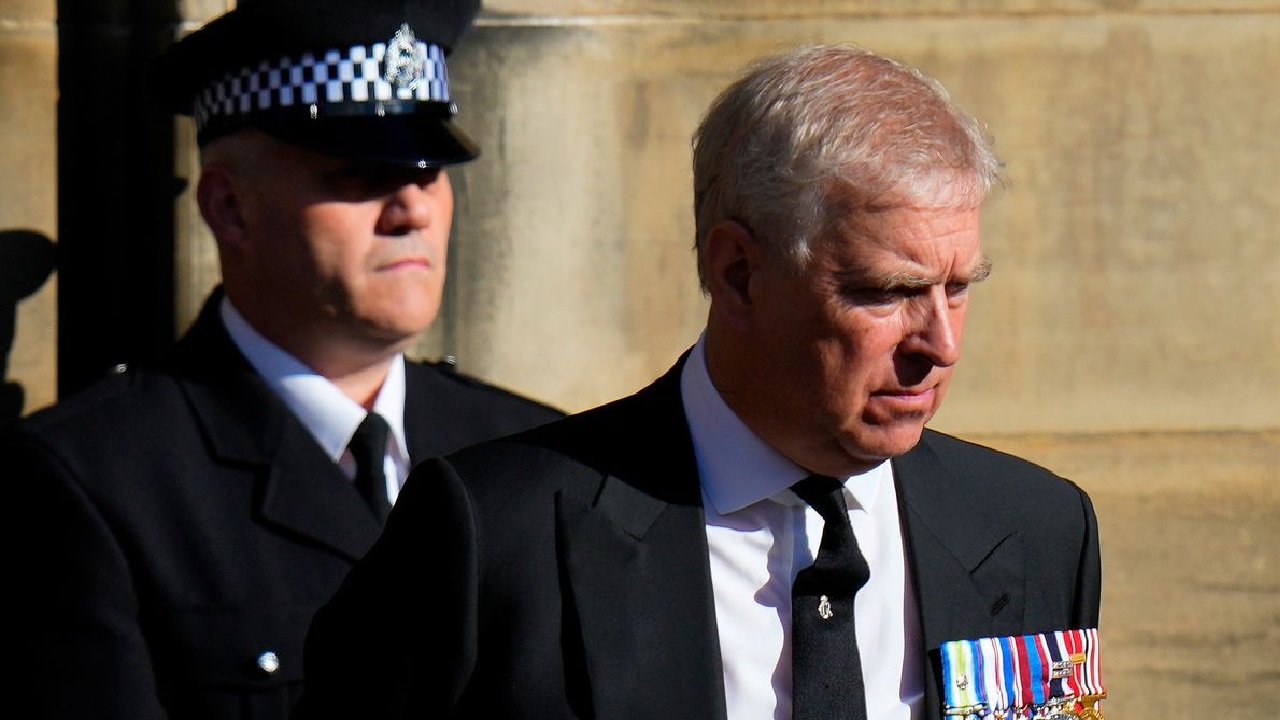Iran Retaliates After Khamenei’s Warning
In a dramatic escalation of regional conflict, Iran launched approximately 100 drones at Israel late Friday night, following Israeli airstrikes that killed top Iranian military leaders and nuclear scientists. The move came just hours after Supreme Leader Ayatollah Ali Khamenei issued a stern warning that Israel would face “severe consequences” for its actions.
The retaliatory drone barrage marks one of the most significant military confrontations between the two adversaries in recent memory. Iran’s Foreign Ministry declared the response as a “legitimate right” under international law, invoking Article 51 of the United Nations Charter.
Israel’s Airstrikes: Precision and Provocation
The escalation began when Israel launched a massive wave of coordinated airstrikes, deploying 200 fighter jets to hit about 100 key targets across Iran, including military bases, command centers, and nuclear facilities. According to Israeli officials, the strikes were a “pre-emptive operation” aimed at neutralizing what they described as an imminent threat from Iran’s expanding military and nuclear capabilities.
The impact was devastating. Iranian state media confirmed the deaths of Major General Mohammad Bagheri, Iran’s Armed Forces Chief of Staff, and Major General Gholam Ali Rashid, a senior commander in the Islamic Revolutionary Guard Corps (IRGC). In a further blow to Iran’s strategic infrastructure, two prominent nuclear scientists—Mohammad Mehdi Tehranchi and Fereydoun Abbasi—were also reportedly killed in the attacks.
A massive explosion at the Natanz uranium enrichment facility in Isfahan province was reported by Iranian state TV early Friday morning, following the airstrikes. Several fires were seen breaking out at military and nuclear sites across Tehran and other key cities.
Iran’s Drone Offensive: A Calculated Response
In retaliation, Iran’s military launched a wave of unmanned aerial vehicles (UAVs) toward Israeli territory. Brigadier General Effie Defrin, a spokesman for the Israeli military, confirmed the offensive, stating:
“Iran launched approximately 100 UAVs towards Israeli territory, which we are working to intercept.”
The drone attack was seen as both a show of strength and a warning that Iran possesses the capability and will to strike deep into Israeli airspace. While Israel scrambled its air defense systems and declared a state of emergency, Iran signaled that this may only be the beginning of its response.
An Iranian military official, speaking to Reuters, said:
“The response to the Israeli attack will be harsh and decisive. Details are being discussed at the highest levels.”
High-Level Assassinations and Rising Tensions
The assassinations of Bagheri and Rashid, key architects of Iran’s military strategy, and the targeting of nuclear scientists, represent an enormous blow to Tehran’s defense apparatus. The deaths of these high-ranking figures sparked widespread mourning across Iran and triggered vows of revenge from the IRGC, which called Israel’s actions “unforgivable.”
“The Zionist regime has opened its blood-stained hand for a crime in our beloved country,” Khamenei said in a fiery statement.
“It will suffer a bitter and painful fate.”
IRGC forces, in an official broadcast, vowed “harsh and regrettable revenge”. Spokesman Abolfazl Shekarchi added that Israel “will pay a heavy price.”
US Blamed, Iranian Airspace Closed
Iran also pointed fingers at Washington. The Foreign Ministry accused the United States of complicity, claiming that the Israeli attack could not have occurred without “coordination and permission” from the U.S.
“The U.S. will be responsible for the consequences of the Zionist regime’s adventurism,” the statement read.
Following the attacks, Iran closed its airspace until further notice, citing national security concerns. This move effectively grounded all civilian flights and diverted international traffic away from Iranian territory.
Israel Braces for Impact
Israel, anticipating Iran’s retaliation, elevated its threat level, mobilized its missile defense systems, and put civilian areas on alert. Defense Minister Israel Katz warned that a counterstrike was “expected in the immediate future,” following what he termed a justified pre-emptive operation.
“We struck first to prevent a greater catastrophe,” Katz stated. “We now expect a second wave of confrontation and are fully prepared.”
Middle East on the Brink
The latest confrontation marks a turning point in Iran-Israel hostilities, transforming a shadow war into a direct and deadly exchange of fire. The stakes are now higher than ever, as both sides weigh the risks of escalation.
With senior Iranian leaders dead, nuclear infrastructure damaged, and hundreds of drones now in play, the region stands on the edge of a broader war. As Israel awaits potential missile strikes and Iran contemplates further retaliation, the international community watches nervously, fearing a full-blown conflict that could destabilize the Middle East.
Whether this cycle of action and reaction leads to war or forces a new diplomatic reckoning will depend on the next steps taken—not just in Tehran and Tel Aviv, but also in Washington and the broader global arena.
(With agency inputs)








